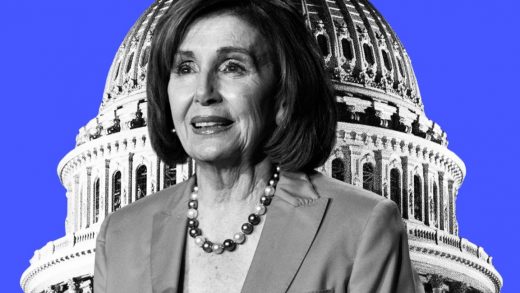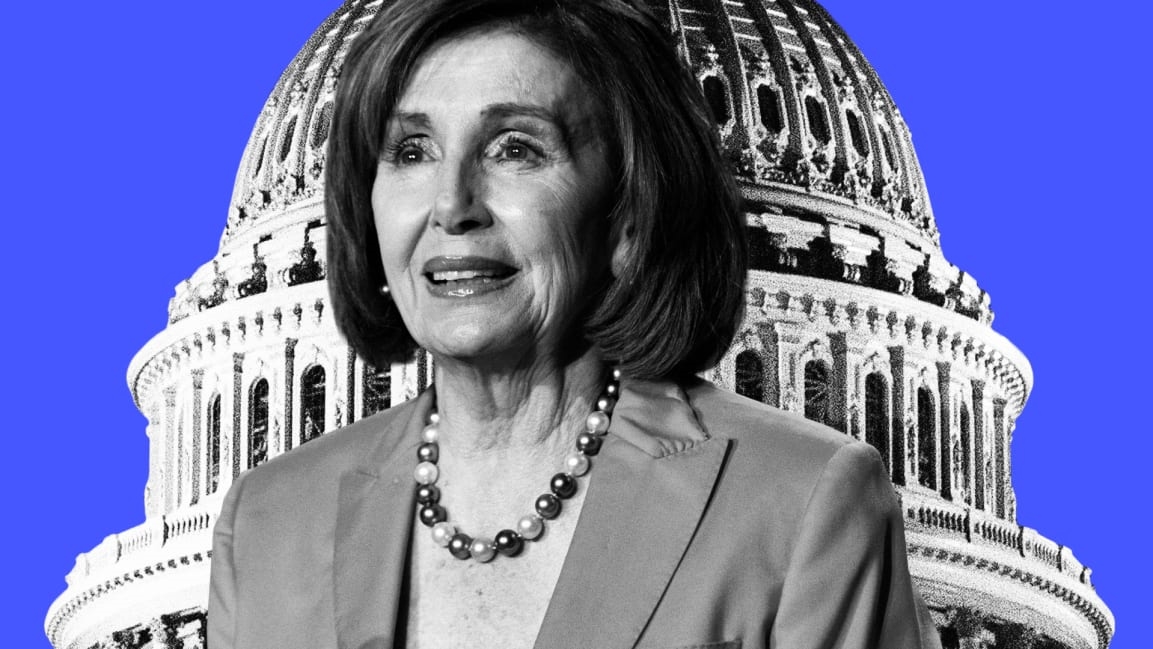Here’s what’s included in the $3 trillion HEROES Act
Update Friday, 10:15 p.m. ET:
The House passed the HEROES Act. You can read the full text here.
Original story:
A massive $3 trillion coronavirus relief bill, put forth by Democrats in the House of Representatives Tuesday, is headed into voting today. Dubbed the Health and Economic Recovery Omnibus Emergency Solutions Act, or the HEROES Act, the legislation spans 1,815 pages and lists a number of provisions for Americans struggling economically during the coronavirus crisis.
Here are some of the main highlights:
Capitol Hill legislators’ response to the proposal has been mixed, with Democrats saying it doesn’t go far enough to ensure healthcare and economic security for Americans, and Republicans saying the price tag is far too high. If the proposal passes a House vote today, according to reports, some Republicans have indicated that the bill is likely “dead on arrival” in the Republican-led Senate.
(25)



